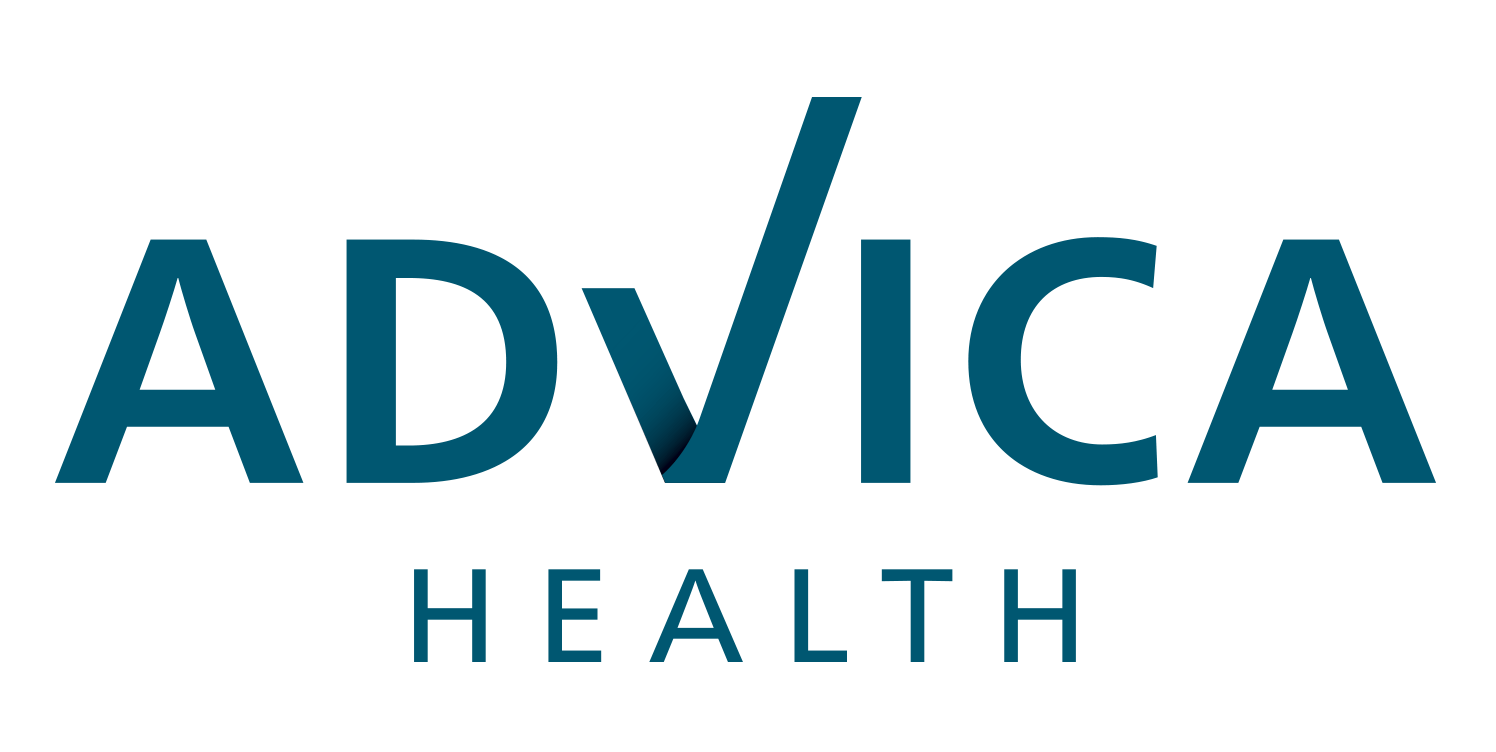What you eat impacts your overall health. Without proper nutrition, your body doesn’t have what it needs to power your immune system, which fights off infection and disease. Here are the top 5 vitamins and foods that can boost your immune system and keep you healthy.
1. Calcium
Calcium is a messenger to the immune system for when it’s time to ramp up or power down. Milk, yogurt, spinach, and broccoli are all great sources of calcium. But none of those beat tofu — just one cup has more than double the amount of calcium in a glass of milk!
2. Vitamin C
Without sufficient levels of vitamin C, you’re more at risk of infections, especially respiratory infections. This powerful vitamin is found in all fruits and vegetables, but you’ll get the most from oranges, grapefruits, kiwis, bell peppers, and broccoli.
3. Vitamin D
Also known as the “sunshine vitamin,” vitamin D has anti-inflammatory properties and helps regulate the immune system. You can get it from eating fatty fish like salmon and sardines. But vitamin D isn’t found naturally in many other foods. To ensure you’re getting enough, it’s best to talk to a doctor about a vitamin D supplement.
4. Vitamin E
Vitamin E helps build T-Cells, which fight germs and protect you from diseases. So start snacking on sunflower seeds, almonds, and peanuts, which are all great sources of vitamin E, and add avocado and spinach into your diet too.
5. Antioxidant-rich foods
Antioxidants improve the immune system by neutralizing free radicals, which damage membranes and DNA. You can get antioxidants by eating beans (red kidney, pinto, and black beans), berries, pecans, and dark, leafy greens.
Along with eating nutritious foods, checking in with a doctor can help you live your healthiest life. As an Advica member, you have unlimited online general practitioner visits on Maple, 24/7.
These tips originally appeared in an article from Maple’s medically-reviewed blog: How to boost your immune system with food
Disclaimer: The information shared by Advica Health Inc., including but not limited to text, infographics, videos, and other material contained on its website, blog posts, and newsletters, are for educational and informational purposes only and may not be appropriate or applicable for your individual circumstances. Advica Health Inc.’s website, newsletters, and blog posts do not provide medical advice and are not intended to be a substitute for professional medical advice, diagnosis, or treatment. Always consult your family physician or other qualified healthcare professional with any questions that you may have regarding a medical condition or treatment or before undertaking a new health regimen. Do not use these materials for medical diagnosis or treatment. None of the content on the website or in newsletters or blogs represents or warrants that any particular device, procedure, or treatment is safe, appropriate, or effective for you. Do not delay any medical intervention or treatment because of something you have read on Advica Health’s website, newsletters, or blog. Your reliance on any information on the website, newsletters, and blogs is solely at your own risk. Advica Health Inc. makes no representation or warranty, express or implied, and assumes no responsibility or legal liability for the accuracy, completeness, timeliness, or quality of any information on its website, blog posts, and newsletters. We reserve the right to withdraw or amend the material we provide , at our sole discretion, without notice.
If you are a member or have any questions related to your physical or mental health concerns, please contact Advica Health’s Nurse Navigation Team.



